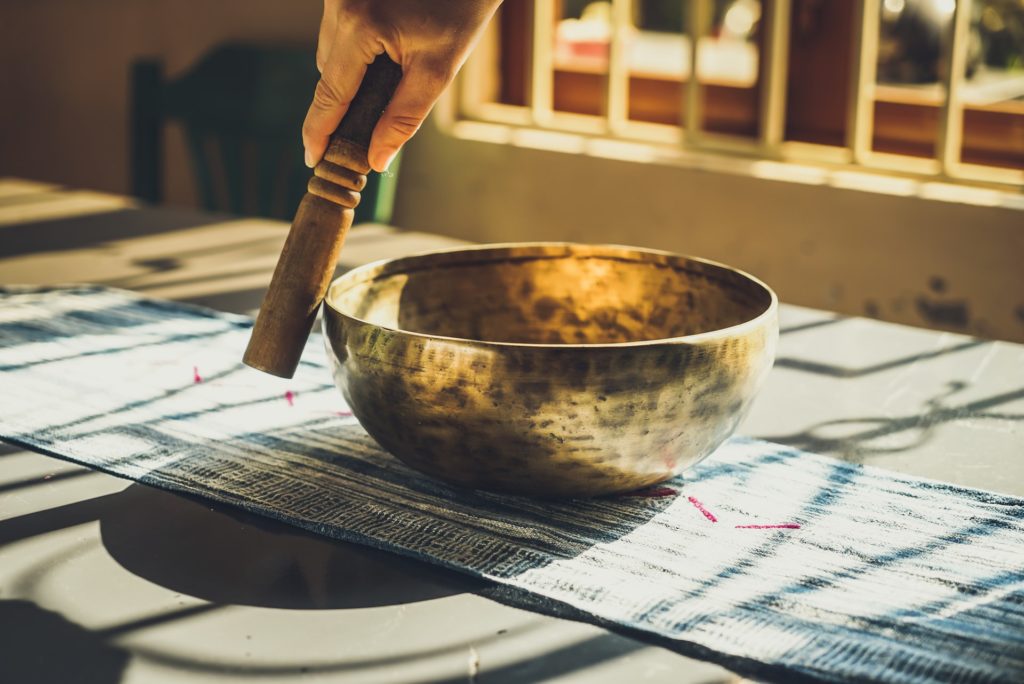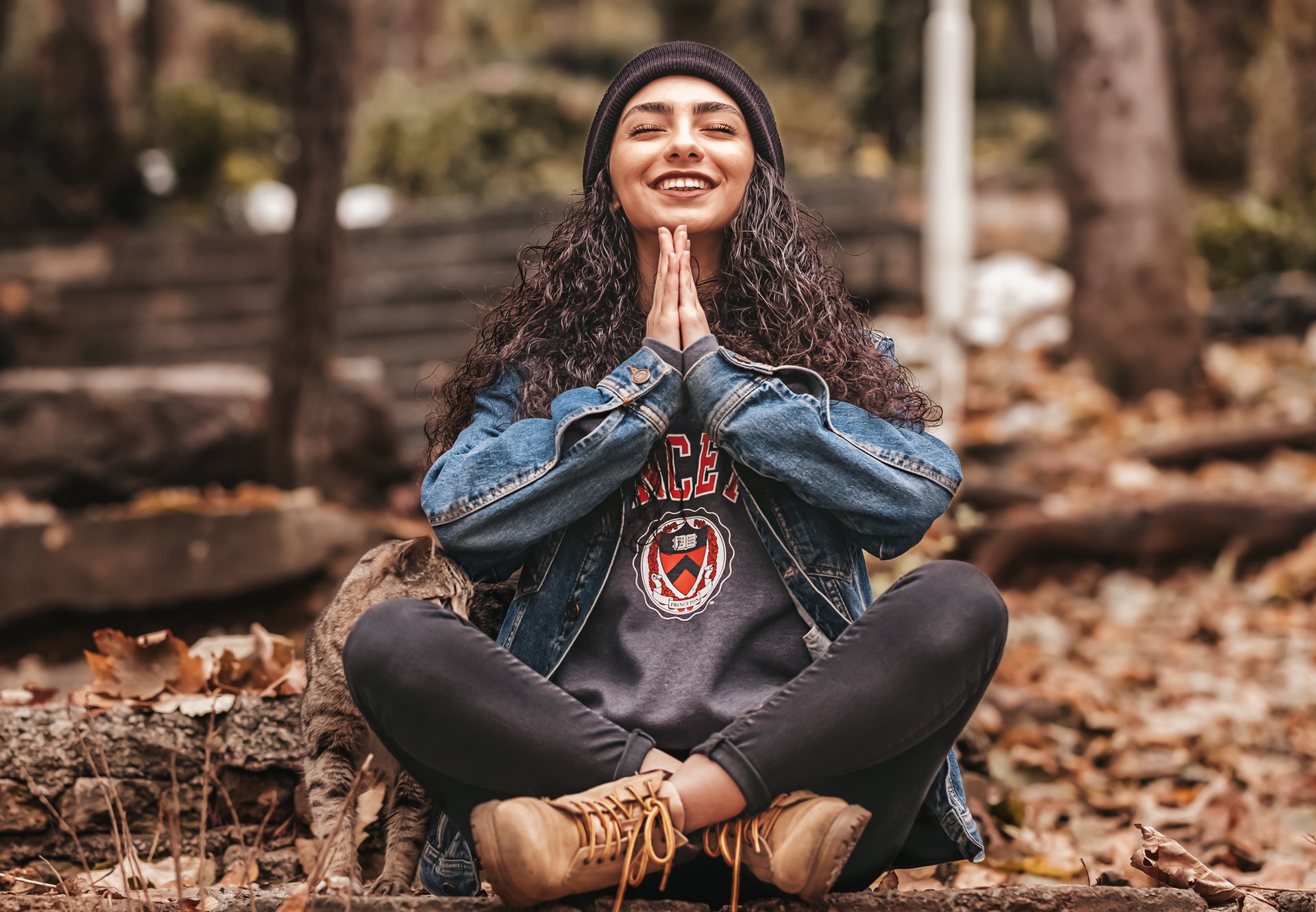Meditation is so much more that relaxation. It can strengthen our coping skills by teaching us to pause and focus and then the real issues that needs action just bubble to the surface. Through the engagement of our thought process we heighten our awareness of ourselves and others which ultimately forms our reactions and reflections. Most importantly, it is the practice of “letting go” and giving our minds a chance to wander and then to re-focus. Many who meditate do experience deep relaxation but they also benefit from the rejuvenation of their mind being active, yet unstructured. Kind of like play time for adults!
How Science Supports Meditation
- Reduction of Anxiety and Depression
- A literature review of 47 meditation studies showed that regular mindfulness meditation resulted in reduced anxiety and depression in adults. True ZEN.
- Reduction of Blood Pressure and Heart Disease Risk Factors
- Meditation has been related to reduced levels of cortisol (stress hormone) and therefore associated with improving blood pressure, diabetes and high cholesterol.
- Improve Immune Function
- Mind-body therapies including meditation reduce the production of inflammation cells that interfere with our body’s immune responses. Another fighter on board.
- Improves Attention Span
- Focused-attention meditation practiced in the workplace increased task focus time and memory details. We call this, going from Monkey Brain to Monk Brain.

How do I meditate?
- Guided meditations with Apps or Audio tapes
- Meditation classed in-person or online
- Self meditation with visual cues or music
- Prayerful meditations with silence and devotion
- Active meditation combined with yoga or walking
- Meditation exercises from books and websites
Simple Ways to Kick Start a Meditation Practice
Step 1: Sit or lie comfortably and be still,
Step 2: Let your eyes close and your mind release
Step 3: Focus on the movement of your breathing, in and out
Step 4: Your mind will wander, let it, then bring it back by focusing on your breathing.

Up Close and Personal:
I think I have always been inclined towards mind-play and mind-track. Mind-play was getting lost in music or really enjoying a run, hike or ski. Mind-track was focusing on a creative task like sewing, writing or research. Either one, took me into a zone where I was happy, at ease and in-touch with myself. As a doctor, I became a patient and that was a new learning experience. I started to try and understand meditation as a method of coping with uncertainty, pain and disability. I learned that the first step was actually giving up control, letting go and accepting the day as it was. I read about the theories and research of meditation but truly, it was the practice that was the learning. Starting with only 2 minutes a day and not even every day, I began to accept recovery as it came, enjoy my abilities instead of resenting my disabilities and manage pain with a stronger present mind. Recovery came with time. I have held on to the power of meditation, it’s a keeper. There are many apps and aids out there for you, I really like Headspace and use it often.
Resources
Live and Dare – The Benefits of Meditation
Healthline – 12 Benefits of Meditation
Cover Photo by Omid Armin on Unsplash




One thought on “Meditation for Troubled Times”